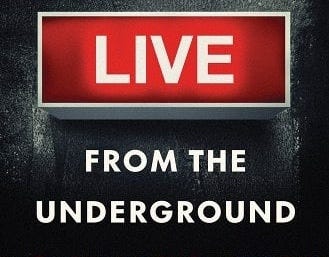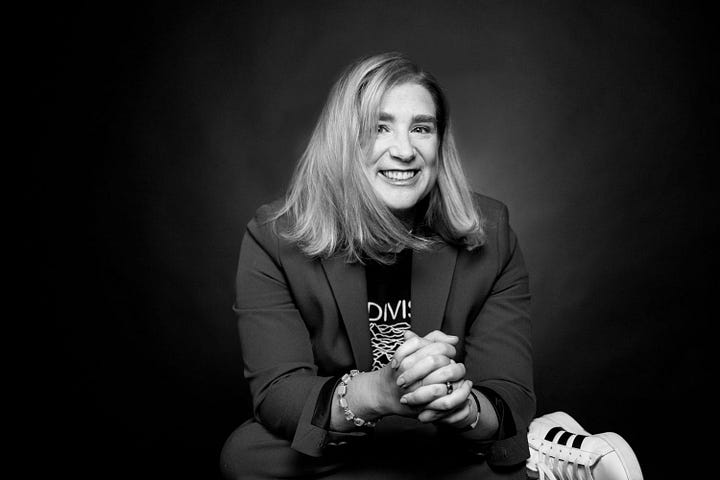

Tim Riley interviews Katherine Rye Jewell about town and gown dynamics, when setlists became playlists, and all the missing issues of CMJ...
Live from the Underground: A History of College Radio, by Katherine Rye Jewell
(University of North Carolina Press, 2024)
When I spoke with Jewell about her lucid and engaging history of college radio, my Covid case had grown pronounced enough that it bled straight onto the tape. She makes a smooth narrator, though, so the few places I do croak through you can hear just how ill I felt. I started by asking her what kind of history she teaches at Fitchburg State outside Boston…
KRJ: I do. Yes. I teach 20th century. I'm mostly political. Well, I kind of do run the gamut of political, cultural, and economic history. I teach classes across those different areas. Really starting, you know, Gilded Age to the present. So I actually grew up in Vermont, around Springfield, Vermont and I didn't actually get college radio when I was in high school. And the only college radio station I could reach was the Dartmouth station. Which is a commercial station, as most of the Ivy League stations are and it's like commercials, it sounded just like a regular, you know, kind of alternative rock, classic rock station.
So when I went to Vanderbilt, all the way to Nashville to do college, I was at the activities fair and they were advertising that you could join the radio station as a student activity. And I had always loved radio, but I had no idea that students could be involved in it. So I really became immersed in, and this was in the late 1990s as college radio was really established as this thing in the music industry, in music in general, and local music scene that was really well known.
In fact, I had no idea. And so I was kind of becoming masked in this world, and I was a history and anthropology major, but this is a student activity. It was not anything related to, I thought, what I wanted to do professionally. It was just this fun thing that I got to do, learn new music and connect with other people who loved music as much as I did. The thing is, when I went off, and became a historian, quite into political history, I focus a lot on regulation and how regulation plays out kind of on the ground for economic, and kind of cultural and social groups. And in 2011, Vanderbilt decided that it was gonna sell my college radio station and there was a really robust movement to save it, but being a historian and, you know, having that kind of epiphany in college about, you know, this college radio thing that I'd never known about, I got really curious about the history behind that.
What was it that we felt like we were losing? Where did that come from? How did regulation create these stations, support these stations, and threaten these stations? And I started looking around and there really wasn't any national history of college radio that delved into these years, specifically since the 1970s…
also mentioned
Live from the Underground: A History of College Radio: now in substack form
incoming
The Beatles, Disney, and Michael Lindsay-Hogg’s inexplicable 1970 cut of Let it Be (“Phase two in which Doris gets her oats…”)
Creedence Clearwater Revival and James Gang Trump the Eagles
album of the month
Maggie Rogers, Don’t Forget Me (Capitol)
pull quotes
finally, the NYT explains why we should all throw more money at the government:





